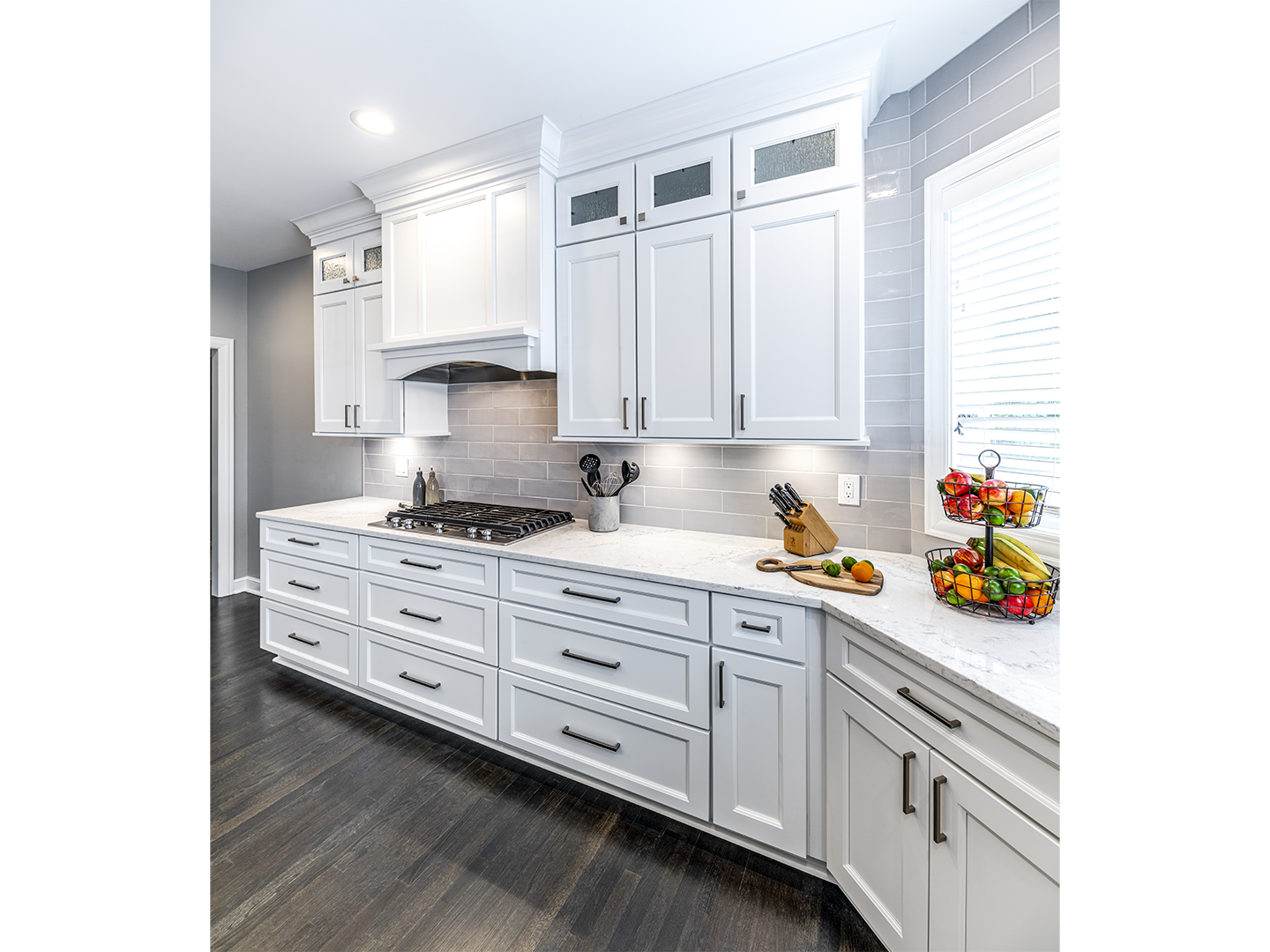What is the highest maintenance countertop? Natural stone countertops are beloved for their beauty and durability, bringing a touch of luxury and elegance to kitchens and bathrooms. However, not all natural stones are created equal, especially when it comes to maintenance. If you’re considering a natural stone countertop, it’s essential to know which materials require the most care. Let’s dive into the highest maintenance natural stone countertops.
Marble: The Quintessential High-Maintenance Stone
Marble is often seen as the pinnacle of luxury in the world of natural stone countertops. Its classic beauty, characterized by elegant veining and a polished surface, makes it a favorite in high-end homes. However, marble’s delicate nature means it demands a lot of care and attention.
Why Marble Requires High Maintenance:
- Porosity: Marble is a porous material, meaning it can easily absorb liquids. This makes it prone to stains from common kitchen substances like wine, coffee, and even water. To prevent staining, marble needs to be sealed regularly.
- Etching: Marble reacts with acids, leading to a chemical reaction that causes dull spots known as etching. This can happen with acidic foods like lemons, tomatoes, and vinegar, so extra caution is needed when preparing meals.
- Softness: Compared to other natural stones, marble is relatively soft, making it susceptible to scratches and chips. Using cutting boards and being mindful of heavy objects can help preserve its surface.
- Regular Sealing: To maintain its appearance and protect against stains and etching, marble requires regular sealing, often every few months, depending on the level of use.
Soapstone: Rustic Charm with Regular Care
Soapstone is another beautiful natural stone option that offers a smooth, matte finish and a unique, rustic charm. However, it comes with its own set of maintenance challenges.
Why Soapstone Requires High Maintenance:
- Frequent Oiling: Soapstone naturally darkens over time, and many homeowners choose to accelerate this process with regular applications of mineral oil. This helps achieve a uniform, rich color but requires frequent reapplication, especially in the first few years.
- Softness: Like marble, soapstone is relatively soft and can scratch or dent more easily than harder stones like granite. These scratches can often be sanded out, but this adds to the ongoing maintenance.
- Staining: While soapstone is less porous than marble, it can still develop surface stains, especially from oil-based substances. Regular cleaning and occasional sealing help prevent this.
Limestone: Subtle Beauty, High Maintenance
Limestone is known for its subtle, understated beauty, often featuring soft, muted colors and a matte finish. However, its porous nature makes it one of the more high-maintenance natural stones.
Why Limestone Requires High Maintenance:
- High Porosity: Limestone is even more porous than marble, making it highly susceptible to staining from liquids. It needs frequent sealing to protect its surface.
- Sensitivity to Acids: Like marble, limestone is vulnerable to etching from acidic substances, requiring careful handling and immediate cleanup of spills.
- Softness: Limestone is a softer stone, prone to scratches and chips. It requires gentle care and the use of protective measures like cutting boards and coasters.
Travertine: Timeless Appeal, Consistent Care
Travertine offers a unique, textured appearance with natural pits and holes that add character to any space. While it’s a popular choice for those seeking a rustic or old-world look, travertine requires consistent maintenance to keep it in good condition.
Why Travertine Requires High Maintenance:
- Filling and Sealing: The natural pits in travertine are often filled during the finishing process, but these fillers can wear away over time, requiring reapplication. Additionally, travertine must be sealed regularly to prevent staining.
- Porosity: Travertine is porous and can absorb liquids, leading to stains. Like other natural stones, it benefits from regular sealing to protect its surface.
- Sensitivity to Acid: Travertine is sensitive to acidic substances, which can cause etching and dull its finish. Immediate cleanup of spills is crucial to maintaining its appearance.
Granite: Durable but Not Maintenance-Free
Granite is one of the most popular natural stone countertop materials, known for its durability and resistance to scratches and heat. However, it’s not entirely maintenance-free, especially when compared to engineered stones like quartz.
Why Granite Requires Maintenance:
- Porosity: While granite is less porous than marble, it can still absorb liquids, especially if it’s not properly sealed. Regular sealing is necessary to protect against stains.
- Staining: Certain granites, especially lighter-colored ones, are more prone to staining. Spills should be wiped up promptly, and the surface should be kept clean to prevent long-term damage.
- Sealing: To maintain its resistance to stains, granite needs to be sealed periodically, though less frequently than marble or limestone.
Conclusion: Which Natural Stone Is the Highest Maintenance?
What is the highest maintenance countertop? Among natural stone countertops, marble stands out as the highest maintenance option. Its susceptibility to staining, etching, and scratching means it requires constant care and attention to keep it looking pristine. While marble offers unparalleled beauty, it’s essential to weigh the maintenance demands against your lifestyle and willingness to commit to regular upkeep.
If you love the look of marble but prefer something less demanding, consider alternatives like granite or engineered quartz, which offer a balance of beauty and durability with less intensive maintenance. Whatever your choice, understanding the care requirements of your countertop material will help you keep it looking beautiful for years to come.

